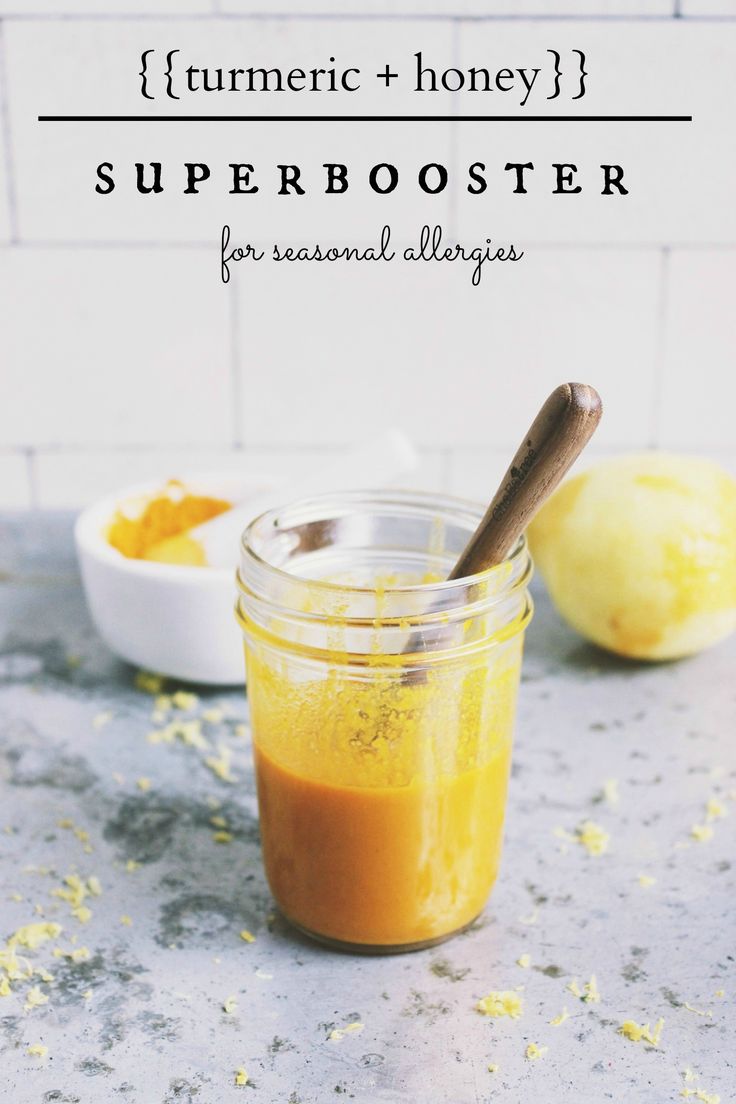When it comes to finding a natural remedy for allergies, many people turn to raw local honey. The idea is that by consuming honey produced in your local area, you are ingesting small amounts of local pollen. Over time, this exposure may help desensitize your body, leading to a reduction in allergy symptoms. However, while this theory is widely popular, there is limited scientific evidence to support its effectiveness.
According to Healthline, allergy shots, also known as immunotherapy, have been proven to be effective in treating allergies. However, the same cannot be said for honey. Despite the lack of scientific evidence, many individuals claim that consuming local honey has helped alleviate their allergy symptoms.
It’s important to note that not all honey is created equal when it comes to alleviating allergies. Regular honeys can become contaminated by multiple types of pollen, so individuals with severe or specific allergies should consult their doctor before consuming honey.
Monofloral manuka honey is often considered the best option for medical use and may provide the best results for allergy symptoms. This type of honey is made by bees that feed primarily on the nectar of the manuka tree flowers and is known for its unique antibacterial properties. However, it’s important to remember that individual results may vary.
While some people swear by the benefits of local honey for hay fever, there is no scientific evidence to support this claim. In fact, bees primarily pollinate flowers, not grass and trees, which are the main culprits for causing hay fever. The pollen found in honey is usually the heavy, flower-based pollen that typically doesn’t trigger hay fever symptoms.
Additionally, there is no scientific proof that consuming local honey can improve allergies caused by molds. Honey can contain contaminants such as mold spores, bee parts, bacteria, and other environmental particles. Commercial processing of honey seems to remove most pollen and contaminants.
Although local honey may not be a cure-all for allergies, research suggests that processed honey can help with other symptoms. Processed honey has undergone heating and pasteurization, which may reduce its pollen content. However, it’s essential to consult with a healthcare professional to determine the best course of action for your specific allergies.
While the idea that consuming raw, unpasteurized honey containing local pollen may provide relief from allergies is intriguing, it’s important to approach these claims with caution. The theory is based on the concept of exposing your body to small amounts of local allergens to build tolerance. However, more research is needed to establish the effectiveness of this method.
In conclusion, raw local honey for allergies may offer some relief for individuals, but solid scientific evidence is currently lacking. Consulting with a medical professional and following their guidance is crucial when managing your allergies. Incorporate other proven methods, such as medication and avoidance of allergens, into your treatment plan for comprehensive allergy relief.
Frequently Asked Questions On Raw Local Honey For Allergies: Natural Relief Boost
Does Raw Local Honey Help With Allergies?
Local raw honey may help with allergies by potentially desensitizing to local pollen over time. However, scientific evidence is lacking.
Which Raw Honey Is Best For Allergies?
Monofloral manuka honey is considered best for allergies due to its low pollen contamination. Always consult your doctor if you have severe allergies.
Does Local Honey Really Help Hayfever?
Local honey is often touted as a natural remedy for hayfever. The theory is that consuming local honey helps desensitize the body to pollen and alleviates hayfever symptoms. However, there is no scientific evidence to support these claims. In fact, the pollen found in honey is typically from flowers, not the grass and trees that cause hayfever.
Therefore, while local honey may be delicious, it is unlikely to provide significant relief from hayfever symptoms.
Does Local Honey Help With Mold Allergies?
Local honey is believed to help with mold allergies, as it contains small amounts of local pollen. Over time, this exposure may reduce sensitivity to pollen. However, scientific evidence supporting this claim is limited, and it’s important to note that honey can also contain contaminants like mold spores.
Consulting a doctor before consuming honey is advised, especially for those with severe allergies.
